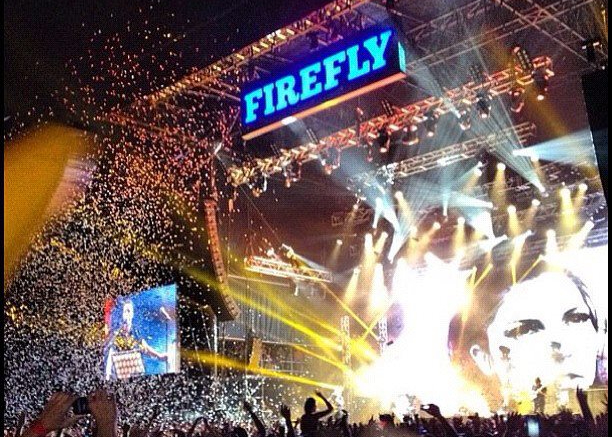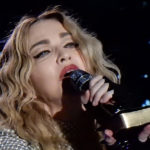
For decades, representation for women performers at large-scale concerts and music festivals has lagged. Has the situation gotten any better over the years?
That question has been on the mind of Abbey Carbonneau, the person behind online campaign Book More Women, since 2017. And what she’s found is a situation that’s improving – if a bit too slowly.
Last year, just under 40% of the acts booked at events such as Governor’s Ball, Firefly and Lollapalooza had permanent members who were women or nonbinary individuals. It’s a decided improvement from the 36% seen in 2021, and even more so from 26% back in 2017, when she began keeping tabs.
But parity remains elusive. And, as she also notes in her Instagram post on the subject, “while there is increased gender diversity overall, it’s important that this includes the more prominent slots in the lineup as well. It is disheartening to see a lineup of 50% women, but to then find they are all playing small stages to small morning crowds.”
Her work can often feel “like a tiny push of a big, complicated, frustrating rock – but maybe that’s all it takes sometimes to get things moving,” she noted in a new interview with Rolling Stone.
In addition to sharing researched statistics, she uses GIF animations to highlight the disparity in the genders booked to perform by removing, then replacing, the names of male and male-led acts. These GIFs quickly and easily show how male-dominated these huge performance opportunities still are.
When we spoke with Carbonneau about her GIFs, and her work, in 2019, she told us her broader aim was to “help change some minds or open some eyes.”
In that regard, she has found tangible success. In addition to accruing thousands of followers online, she’s talked one-on-one with promoters like Michael Berg, who books acts for events such as Suwannee Hulaween, a Florida concert where 20,000 attend annually.
When Book More Women posted that only 27% of that show’s performers and bands included women or nonbinary people in 2018, he admitted to Rolling Stone that his first inclination was to “go on the defensive.” Instead, he talked with Carbonneau directly – and last year, he coordinated a different event where 41% of acts featured women and nonbinary musicians.
Still, the broader problem persists. One issue, say promoters like Huston Powell – who pieces together Lollapalooza’s lineup as part of his work – is the complicated nature of finding available acts who balance one another out. “It’s a tangled web all the way through to get the lineup where you want to get it,” he told Rolling Stone.
Berg added to the magazine that “unfortunately – and I don’t know why the barrier of entry is like this – but … there seems to be a bigger pool of talent of male-fronted acts than female.”
Indeed, “if every festival on the planet had 50/50 [representation] next year, everything’s not going to be solved” when it comes to sexism in the music industry, Carbonneau acknowledges. But, she adds, “I just think making more steps toward equality can never be a bad thing.”



